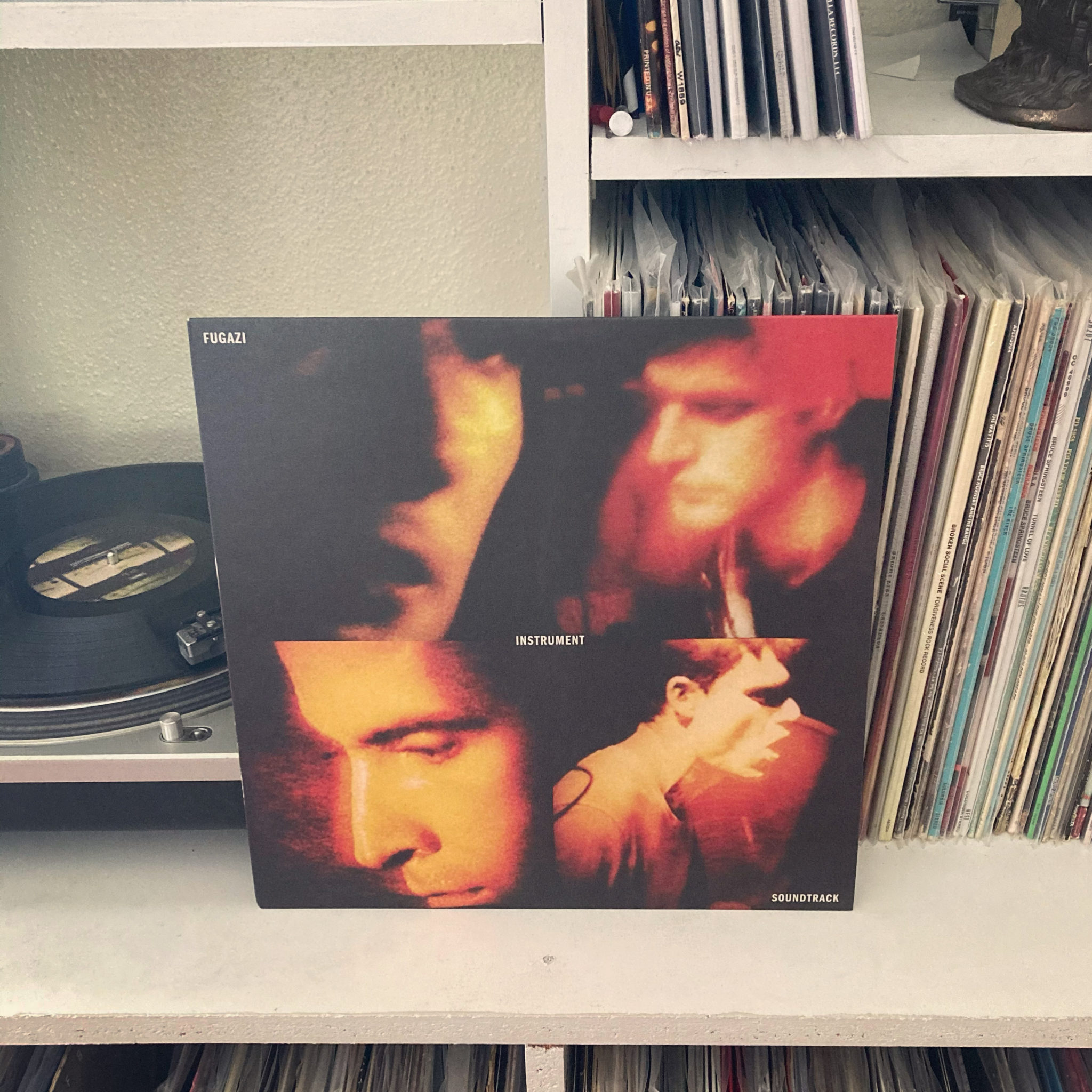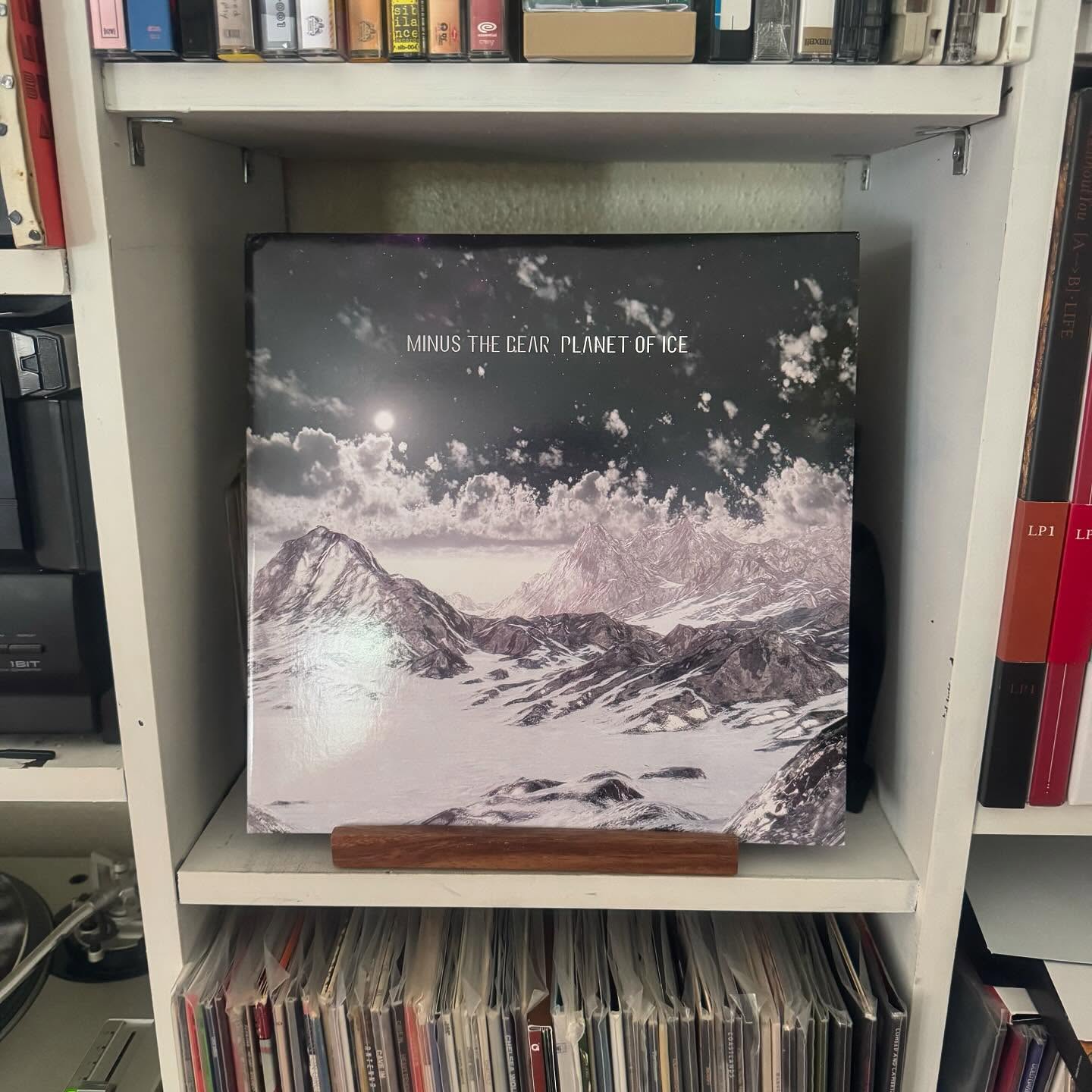
It makes sense that I’m writing about this album when it’s 18º outside. What makes less sense is how it’s taken me so long to add it to my collection.
It’s not like I’m not a Minus the Bear fan. I saw them with mewithoutYou and Thursday a year before this record and they blew me away. Menos El Oso is one of my comfort records. David Knudson is one of my favorite guitarists, and many of my other favorite guitarists have been influenced by his two-handed tapping technique—and myself.
But as Minus the Bear’s career continued, I lost track of them. When I came back to them, it seemed like their later albums made less of a priority on technique and more on using effects to obscure the instrument entirely. As Menos el Oso had more effects work and less tapping than Highly Refined Pirates, casual listens brought me to the conclusion that the proportion between Menos and Planet of Ice was roughly the same.
Those most have been some casual listens, because I was dead wrong.
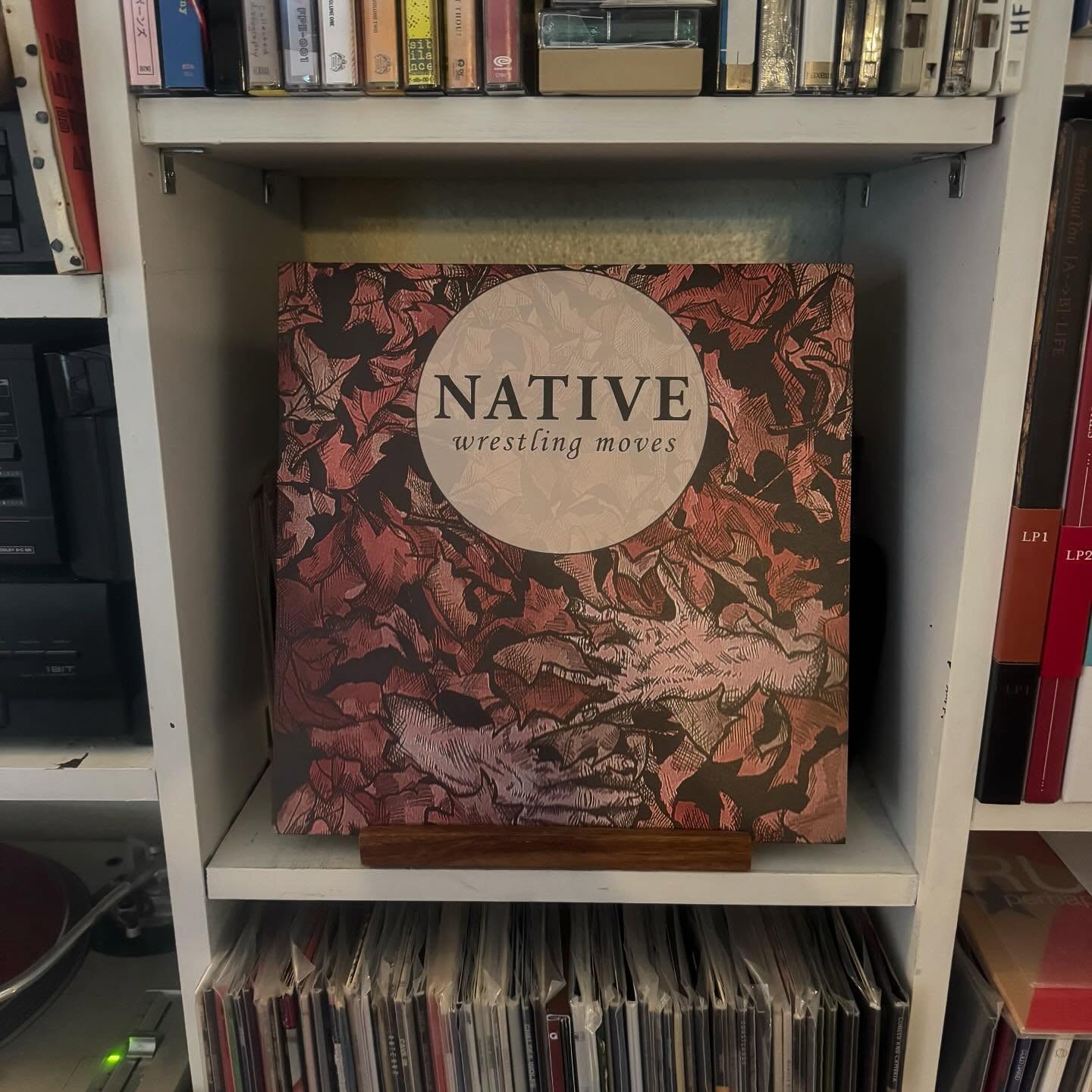
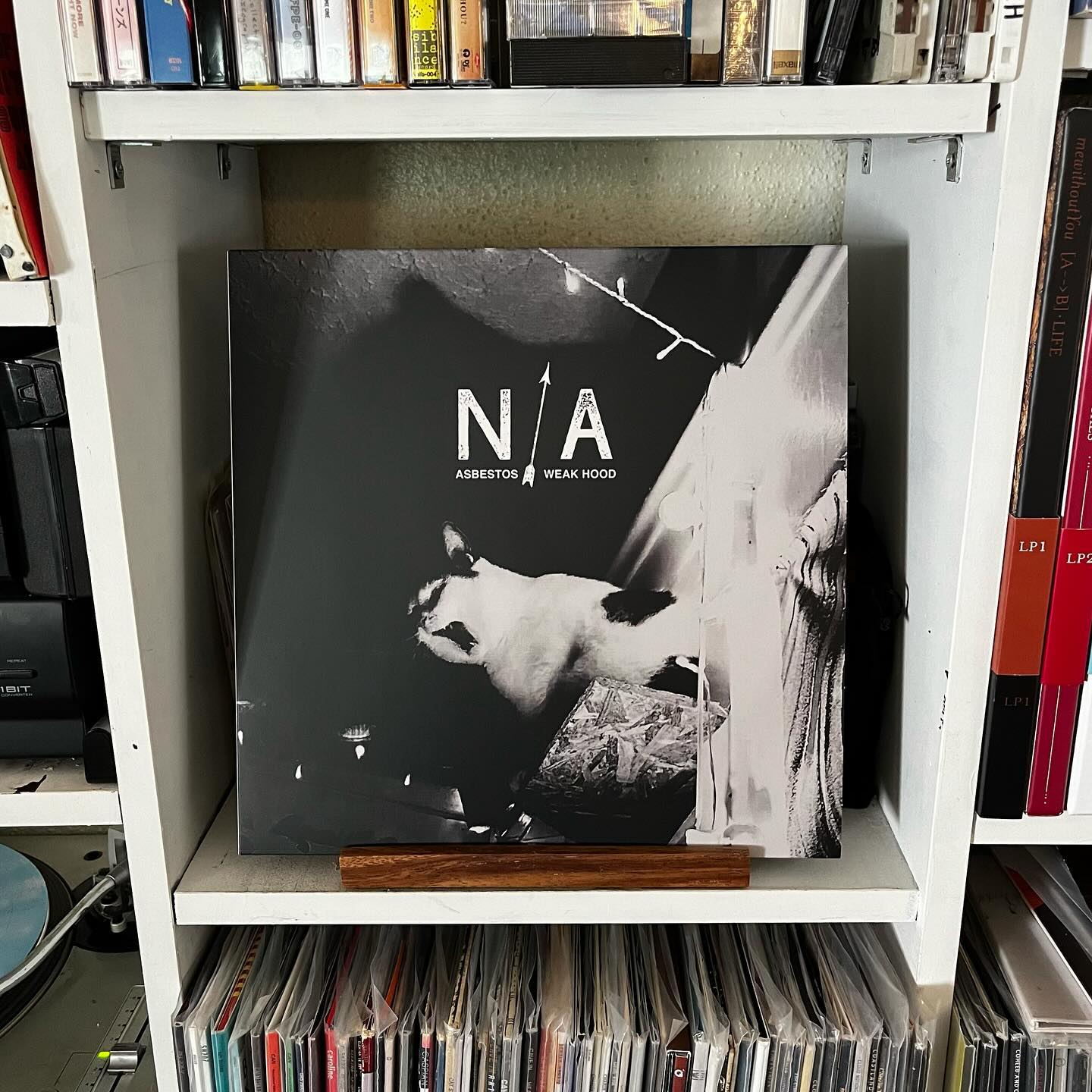
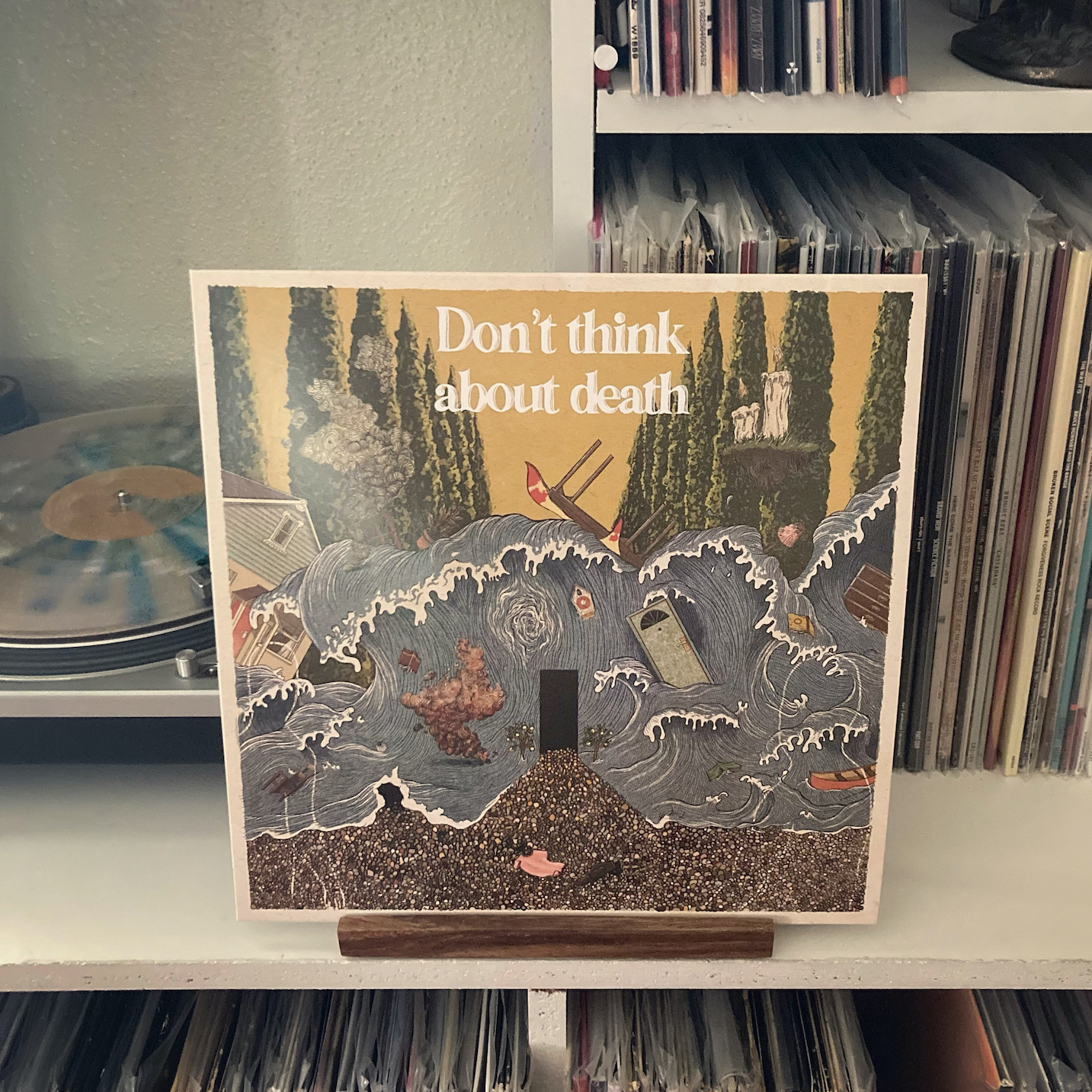
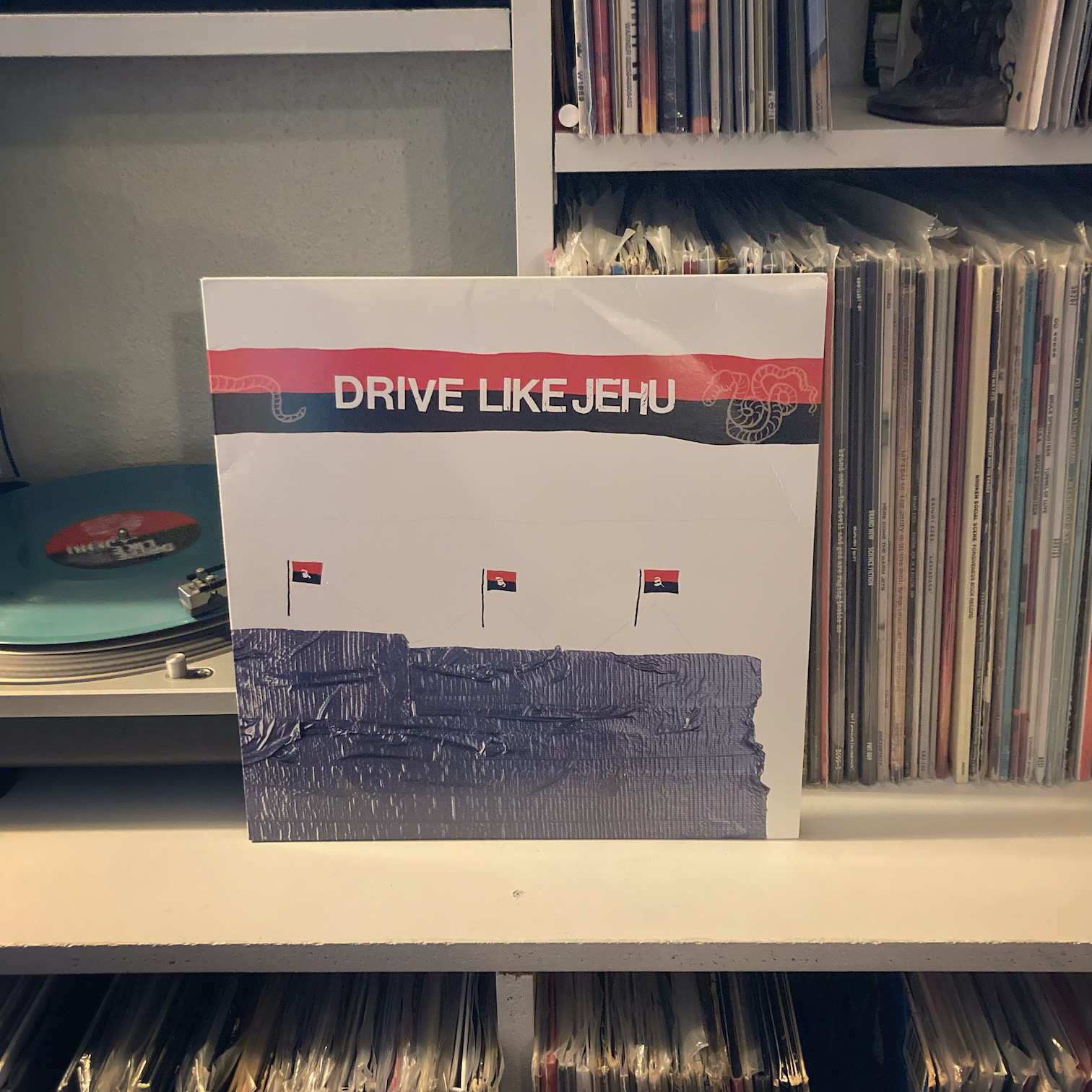
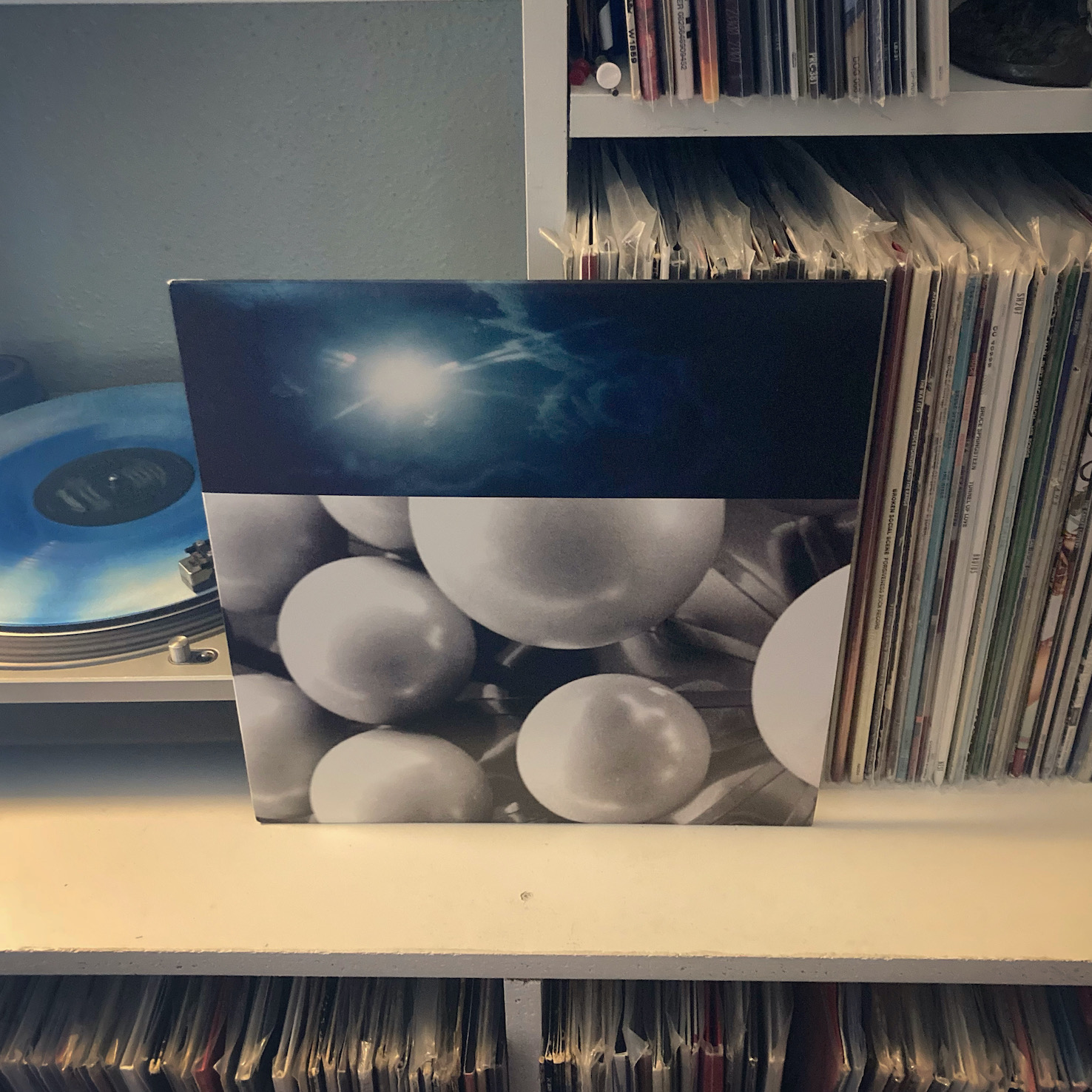
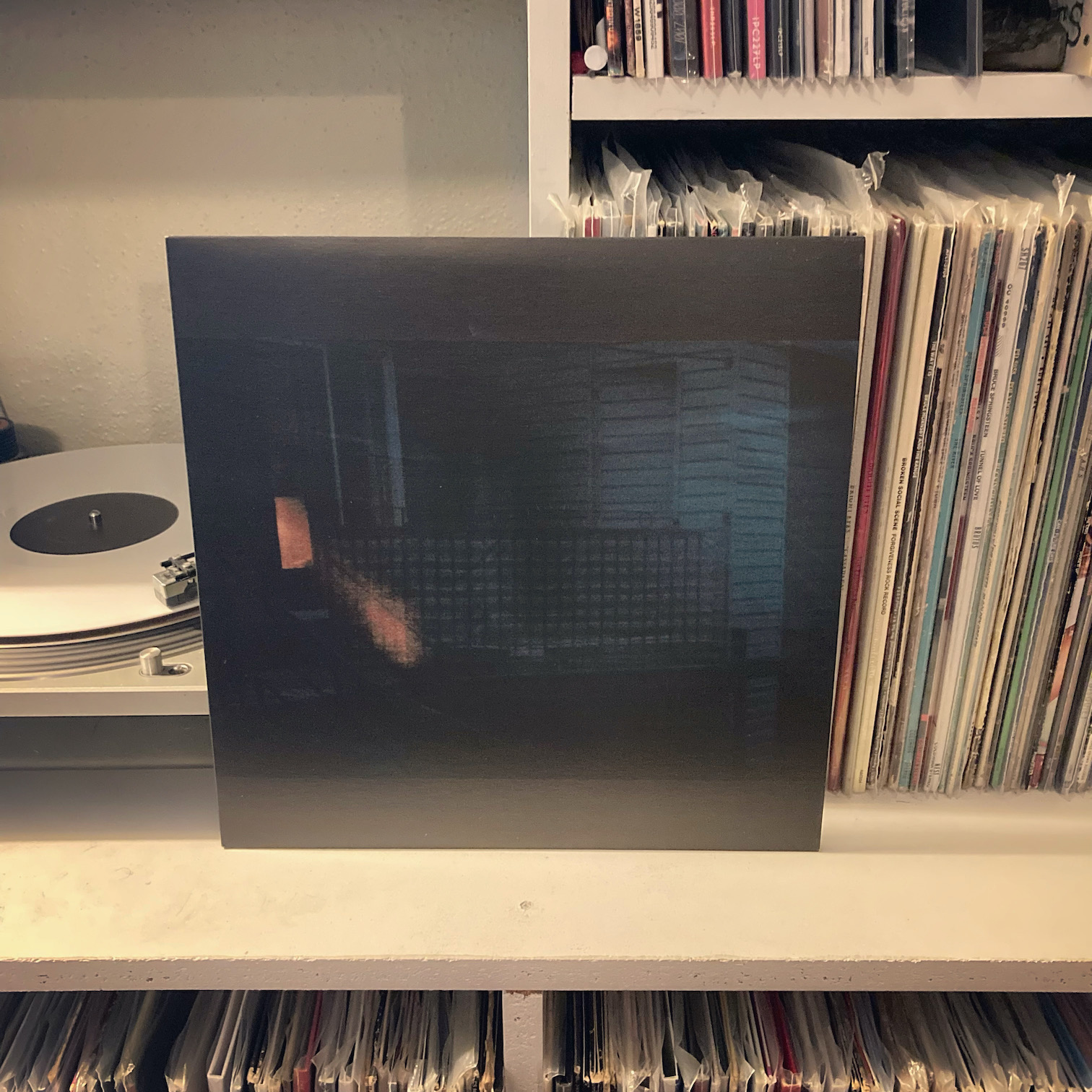
 One of the more interesting things about music to me is how we attempt to categorize and classify according to imperfect terminologies—and more specifically, how that terminology changes over time.
One of the more interesting things about music to me is how we attempt to categorize and classify according to imperfect terminologies—and more specifically, how that terminology changes over time.